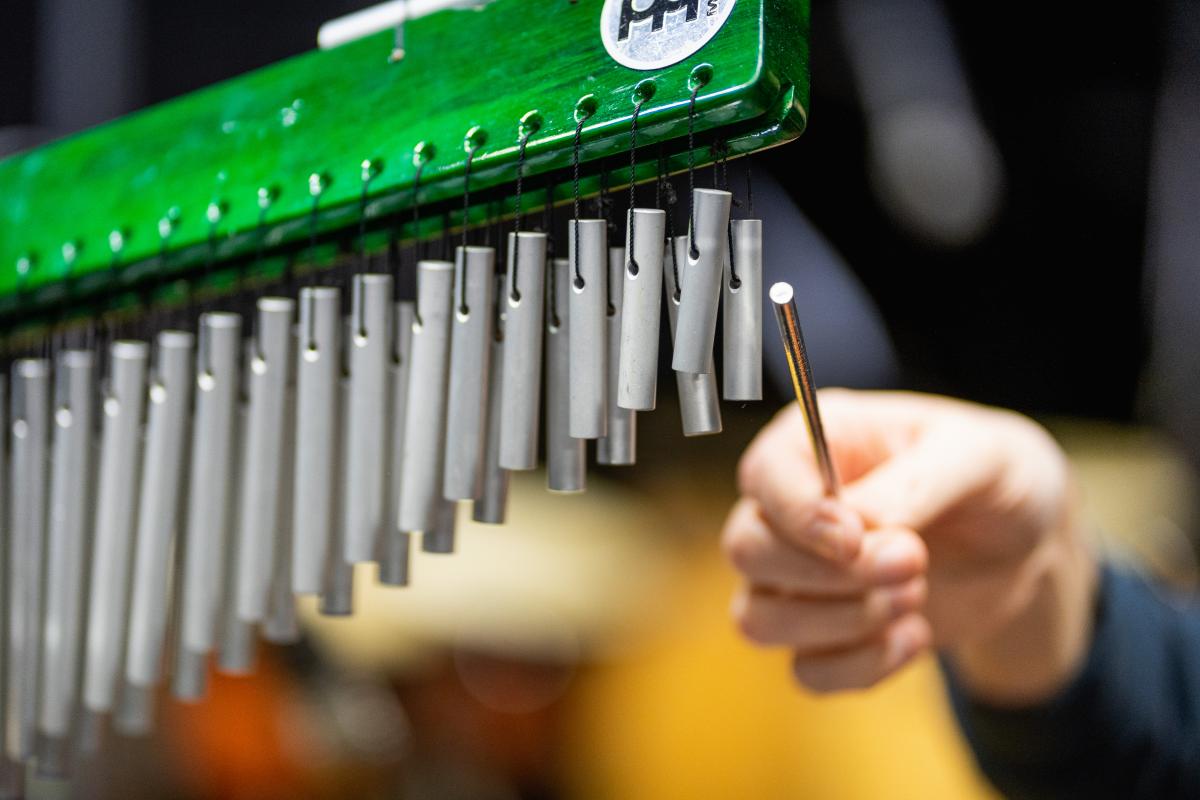Finnish music education field joined forces to build a shared vision for 2030
Finland is globally known as the wonderland of music education. Structural changes and increasing expectations pose challenges for its future, however. Vision 2030 for Finnish Music Education, published on 8 December, the Day of Finnish Music, is a collaborative effort by the entire field. The aim of the joint vision is to ensure that a goal-oriented and high-quality music study and hobby is possible everywhere in Finland also in the future.

Finnish music education is an internationally recognised success story. Over the last decades, the music education system has experienced various structural changes and budget cuts. As a result of this, the decision-making and resource allocation in the field have lacked solid centralised coordination. At the same time, people have an increasingly better understanding of the role of music in the wellbeing of individuals and communities, and new expectations and opportunities have emerged for music education to make an even greater impact in the society.
“In order for our music education system to maintain its unique qualities also in the future, we needed to establish a joint vision and an overall understanding of our goals. This is the work that we launched as a network that gathered all levels of education and actors in the field in spring 2019 at the initiative of the Dean of Uniarts Helsinki’s Sibelius Academy Kaarlo Hildén,” explains Principal of the Pirkanmaa Music Institute and Chair of the Association of Finnish Music Schools Jouni Auramo, who led the steering group of the vision work.
Goals that everyone can stand behind
The vision work involved nearly 1,500 people, who represented professionals and students as well as the most important stakeholder groups in music education. The process included three seminars, three webinars and an online survey. Based on the meetings, survey and research material, the steering group of the project compiled a shared vision for the field towards 2030.
“Finnish music education has never had a common direction for its future before. We have now set goals that we all can stand behind and contribute to. This makes the vision and the whole process ground-breaking not only in Finland but internationally, too,” says Associate Professor of Music Education Suvi Saarikallio from the University of Jyväskylä.
Increasing opportunities for studying and pursuing music according to one’s own goals
The vision takes a stand on the shared value base and accessibility of music education as well as its practices in teaching and leadership. It also outlines the framework for the cooperation, structural development and more efficient use of resources in the field. The changes that need to be made have been summed up in 25 action proposals.
“We need to continue supporting the possibilities to study music and having music as a hobby everywhere in Finland according to one’s personal goals. On a regional level, we can guarantee high-quality education by taking advantage of our resources flexibly between different operators and levels of education: we will share our facilities and tools and make joint recruitments when hiring talents with special expertise. Thanks to a variety of digital solutions, even small towns can have access to high-quality teaching,” describes Music Education Manager Annika Mylläri from Centria University of Applied Sciences.
On a national level, it is essential to focus on introducing stronger overall coordination and making a joint impact on the continuity of music education.
“The competence gained by music education is part of the cultural and social capital of our country. The best way to develop the system is to have a collective voice for the whole field and all levels of education and to work as one team,” summarises Principal of the Helsinki Pop & Jazz Conservatory and Chair of the Conservatory Association of Finland Janne Murto.
Further information: https://www.musiikkikoulutuksenvisio.fi/
Media enquiries: Head of Communications at Uniarts Helsinki’s Sibelius Academy Nelli Kuokka, tel. +358 40 822 7130